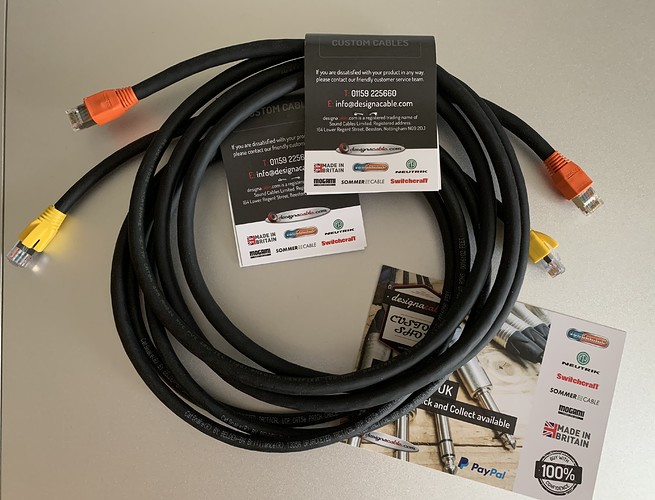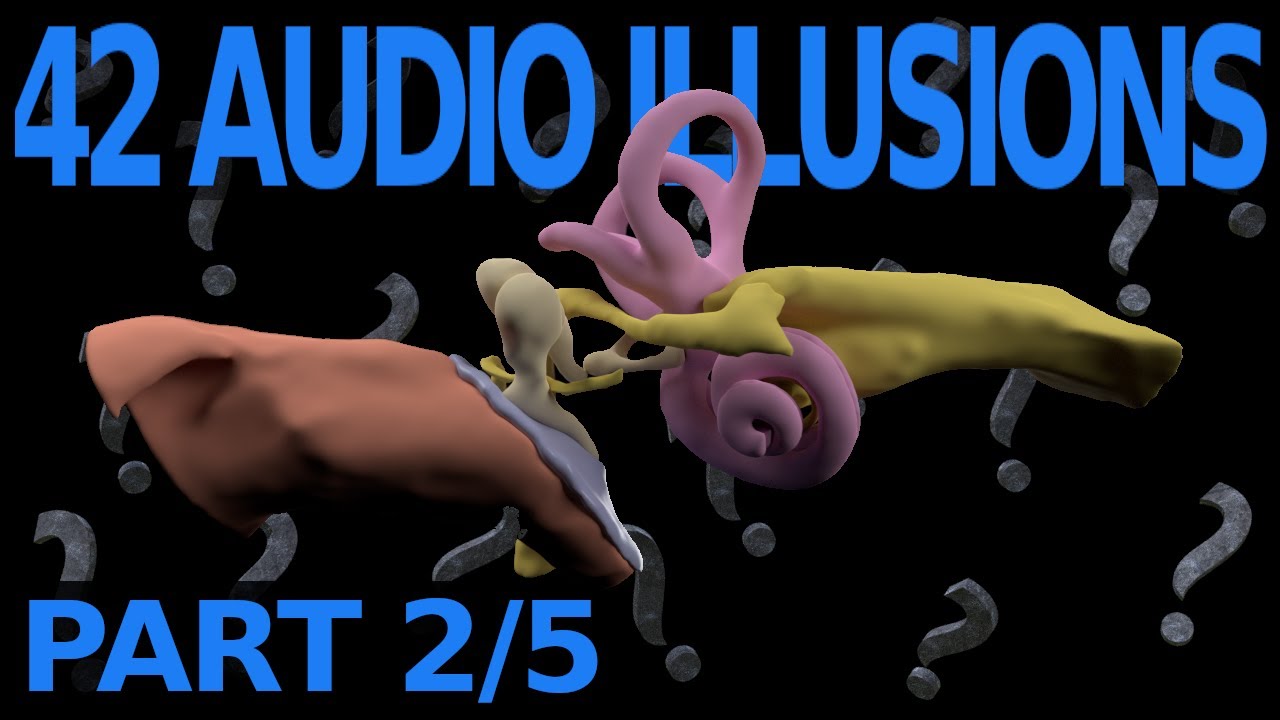Ruud, interesting observation. Personally, I don’t really care if anyone here thinks I bought the right stuff (being a dCS forum, the odds do go up  ), but I do learn a lot from a lot of smart, convivial people here. Still, you’ve highlighted a very common human trait. The reality is that our human failings will get in our way every time. By coincidence, Paul McGowan has a post about confirmation bias over at PS Audio today. It’s not likely to be anything really new to folks here, but like your observation, it’s apt. There is a literal catalog of human cognitive biases that make it very difficult for us to assess the world rationally, though they don’t necessarily prevent us from being effective. Sometimes, they enhance our effectiveness. But they are still irrational.
), but I do learn a lot from a lot of smart, convivial people here. Still, you’ve highlighted a very common human trait. The reality is that our human failings will get in our way every time. By coincidence, Paul McGowan has a post about confirmation bias over at PS Audio today. It’s not likely to be anything really new to folks here, but like your observation, it’s apt. There is a literal catalog of human cognitive biases that make it very difficult for us to assess the world rationally, though they don’t necessarily prevent us from being effective. Sometimes, they enhance our effectiveness. But they are still irrational.
Any of us may consistently hear differences that no one else, even with similar hearing acuity, might perceive. It would be unusual, but hardly impossible. But it’s also probably not the norm. It is likely that, if one of us can hear “it,” others can as well in like circumstances. And if that’s the case, then there is probably a reason for it that is explicable, or at least explorable. But making suggestions to try things without some sort of shared objective framework is a prescription for confusion. Imagine if a doctor, who had never met you or read your chart, recommended a pill with the words “try these; you might like them and they worked for me.” That may work for food, wine, and movies where it’s a pretty simple matter for the recommender and the receiver to share some objective framework. E.g., “if you like Nolan’s Memento, check out his Following; I think you’ll like it.” And it works over at WBF, fueled by dollars, oneupmanship, and audiophile paranoia. But it’s not proof or predictive of anything, and it’s not a basis for predicted or known outcomes with high confidence.
For purposes of this hobby, it may not even matter. If people believe that Ethernet cables can make a difference in their system, and their hearing confirms it for them, then it’s their wallet. And if they don’t care why or how, it’s their choice. And in that respect, it is a lot like movies and wine. Not quite sure how anyone took that as an aspersion. I’ve written many times here that I believe people in this forum when they say they hear, for example, a difference between Roon and Mosaic coming out of the same server. I believe them. But their hearing it doesn’t mean it’s not a cognitive bias at work. In the absence of engineering explanations for the difference (as with Roon vs. Mosaic or Ethernet cables), cognitive bias is a legitimate factor to consider. So the refusal to seek explanations is IMHO an odd point of view (and a bit of an indicator of cognitive bias at work), and to me—who believes in subjective impressions informed by science—it’s an insufficient framework for guidance to others who may share neither the identical cognitive biases nor even a similar audio system.




